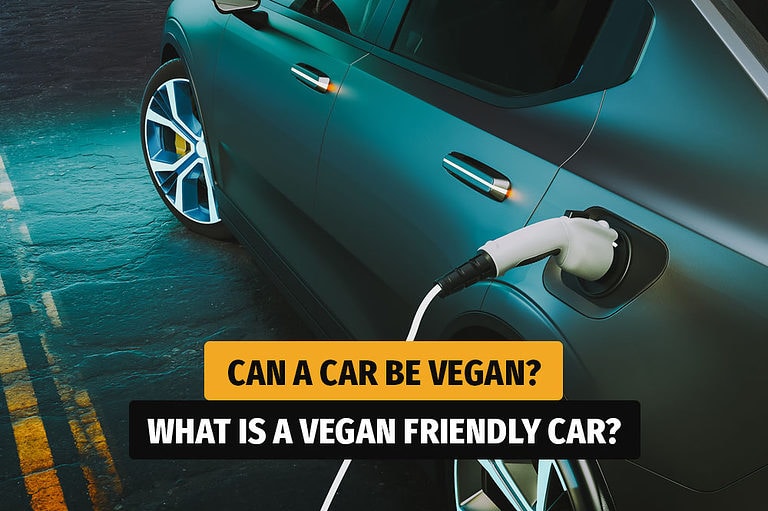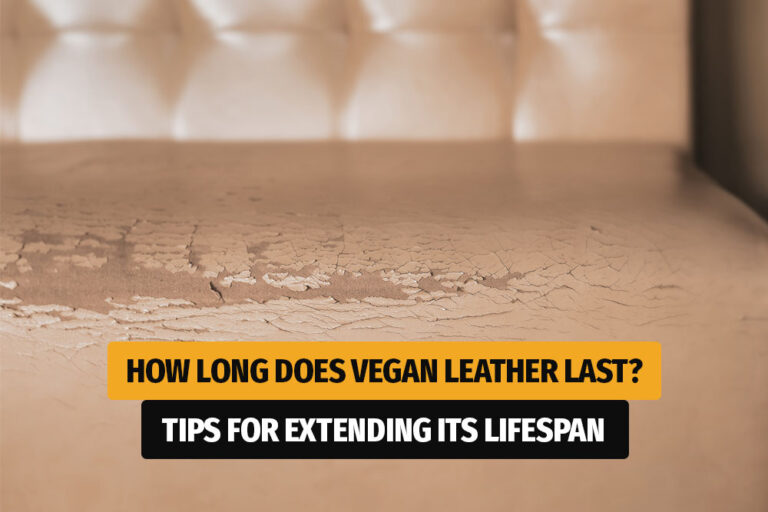
You’ve probably asked yourself this question while shopping for clothes, and the short answer might surprise you. Polyester is technically vegan since it’s made from synthetic petroleum-based materials without any animal products. But before you go on a polyester shopping spree, there’s more to this story than meets the eye.
Here’s where things get a bit messy (and not just because polyester doesn’t breathe well). While no sheep were harmed in making your polyester shirt, the fabric creates its own set of problems that might make you rethink your wardrobe choices. Every time you wash that synthetic sweater, it’s basically throwing a microplastic party in the ocean.
The vegan status of polyester isn’t as black and white as you might hope. Sure, it checks the “no animals were directly harmed” box, but its environmental impact tells a different story. We’ll dive into why this seemingly simple question has sparked debates among vegans and eco-conscious shoppers everywhere.
It’s More Complicated Than You Think
Polyester gets a passing grade for being vegan since it contains zero animal ingredients, but the devil’s in the details when you dig deeper into what makes this synthetic fabric tick. The real drama starts when you consider how this petroleum-based material affects our planet and its furry, feathered, and finned inhabitants.
What Is Polyester Made Of?
Your favorite wrinkle-resistant shirt starts its journey in some pretty unglamorous places. Polyester is made from polyethylene terephthalate(PET) – the same stuff in plastic bottles.
This synthetic fiber comes from combining chemicals like ethylene glycol and terephthalic acid. Both ingredients come from petroleum, which means your polyester dress basically started as dinosaur juice.
The manufacturing process involves heating these petrochemicals to extremely high temperatures. Then they’re spun into fibers that eventually become fabric.
Recycled polyester takes a slightly different route. It starts with used plastic bottles that get crushed, melted, and reformed into new fibers. It’s like giving plastic bottles a second career in fashion.

Polyester as a Synthetic Fiber
Unlike cotton that grows on plants or wool that comes from sheep, polyester is completely man-made. This puts it in the category of synthetic fibersalongside materials like nylon and acrylic.
The synthetic nature means polyester doesn’t rely on natural resources like farmland or water for growing crops. But it does depend heavily on fossil fuels for production.
Polyester fabric can be engineered to have specific properties. Manufacturers can make it stretchy, moisture-wicking, or extra durable depending on what they’re aiming for.
This flexibility makes polyester incredibly popular in everything from athletic wear to business suits. You’ll find it mixed with other fibers or used on its own.
Why Polyester Is Considered Vegan
Here’s where things get straightforward for a hot minute. Polyester earns its vegan status because no animals get harmed directly in making it.
You won’t find any wool, silk, leather, or other animal products mixed into pure polyester. It’s just chemicals from petroleum all the way down.
Vegan organizations like PETA give polyester the thumbs up for this reason. No sheep get sheared, no silkworms get boiled, and no cows get turned into leather.
This makes polyester a go-to choice for people avoiding animal products in their clothing. It’s especially popular for items that would traditionally use animal materials.
Cruelty-Free and Animal Components
The cruelty-free label gets a bit murky when you zoom out to look at the bigger picture. Sure, no animals directly suffer to make your polyester shirt.
But here’s the plot twist: polyester sheds microplastics when you wash it. These tiny plastic bits end up in oceans where fish mistake them for food.
Marine animals can’t digest these microplastics, which can cause internal damage or death. So while polyester doesn’t contain animal components, it can still harm wildlife indirectly.
The petroleum extraction needed for polyester production also damages natural habitats. This affects countless animals who lose their homes to drilling operations.
The Environmental Impact of Polyester
Polyester’s environmental footprint reads like a disaster movie script. The fabric requires fossil fuels for production, releases tiny plastic particles when washed, and relies on toxic chemicals that would make a chemistry teacher weep.
How Polyester Is Produced
Making polyester is basically turning oil into your favorite workout shirt. The process starts with petroleum or natural gas to create ethylene, which then becomes the building blocks for polyester fibers.
Virgin polyester production involves a process called polymerization. This fancy term means heating chemicals to temperatures between 302-410°F under intense pressure. Think of it as cooking plastic soup, but way less appetizing.
The energy needed for this process is massive. Manufacturing facilities burn through electricity like a teenager scrolls through TikTok. When that electricity comes from fossil fuels, the carbon emissions pile up fast.
Some companies now make polyester from recycled plastic bottles. This sounds great until you realize it still requires significant energy and chemicals. It’s like choosing the least terrible option at a gas station hot dog bar.
Microplastics and Microfibers From Washing
Every time you wash polyester clothes, tiny plastic particles escape into the water. These microfibers are so small you can’t see them, but they’re there like invisible environmental ninjas.
A single load of laundry can release up to 700,000 microfibers. These particles flow through water treatment plants and end up in rivers, oceans, and eventually your drinking water. Surprise!
Marine animals mistake these microplastics for food. Fish, shellfish, and plankton consume them, and they travel up the food chain. You might be eating your old yoga pants without knowing it.
Ecosystems suffer as these particles accumulate. They don’t break down naturally, so they stick around for hundreds of years. Your favorite polyester shirt could outlive your great-great-grandchildren.
Toxic Chemicals and Petroleum Use
Polyester production uses a cocktail of toxic chemicals that would make a hazmat team nervous. These include antimony, a heavy metal that can cause health problems in workers and nearby communities.
The manufacturing process releases volatile organic compounds into the air. These chemicals contribute to smog and can cause respiratory issues. Factory workers face the highest risks from chemical exposure.
Petroleum consumption for polyester is staggering. The fashion industry uses about 70 million barrels of oil annually just for synthetic fibers. That’s enough oil to fuel a small country.
Water pollution is another charming side effect. Factories discharge chemical-laden wastewater that can contaminate local water sources. Communities near production facilities often deal with polluted rivers and groundwater.
The environmental impact extends beyond production. Polyester doesn’t biodegrade, so when you toss that old shirt, it heads to a landfill where it’ll sit for centuries, probably judging future archaeologists.




